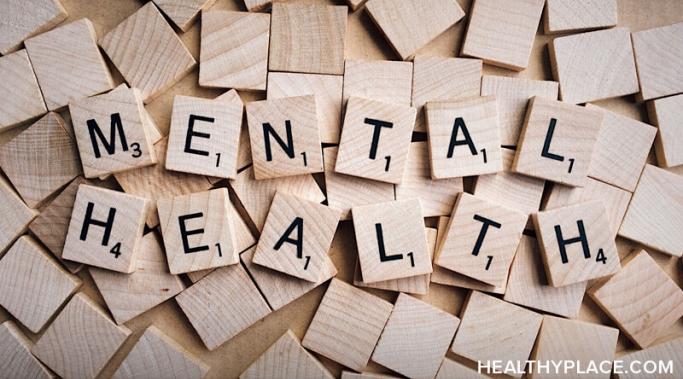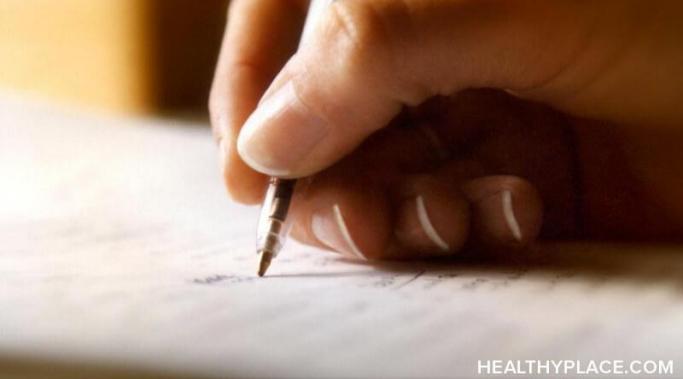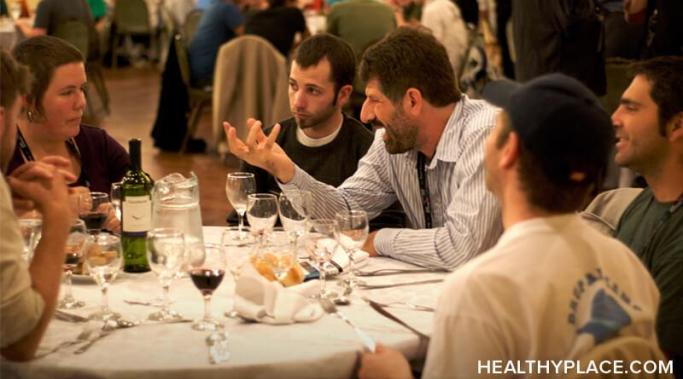Knowing how to deal with a crisis is especially important when those of us diagnosed with depression are faced with one. It can be especially difficult to cope with both the crisis and our depression simultaneously. Yet, in spite of the difficulties, we can not only survive but even thrive while managing both a crisis and our depression. This can be done by practicing the effective coping skills discussed in this post for dealing with a crisis.
Coping with Depression
How do we go about practicing gratitude while we are struggling with depression? I will admit that I am currently trying to figure that out myself. This article is meant to help me as much as it is those of you who are reading it.
It's possible to use songs to cope with depression. Many of us who are diagnosed with depression, myself included, find comfort in music. Often we can identify with an artist and his/her feelings and experiences; also, we may find that songwriters are able to eloquently put into words the thoughts and struggles we have but are unable to express aloud. This is why I find using songs helpful in coping with my depression. So, how do I use songs to cope with depression?
I'd like to discuss ways you can protect your mental health while we cope with depression because World Mental Health Day is Wednesday, October 10, 2018. Depression itself is stressful enough on our brains, but then certain outside factors exist that can make things worse. How can we avoid, or limit, these stress-inducing situations and people that can worsen our depression? I've discovered some strategies that protect your mental health and work for me, and I'd like to share them with you.
I wrote my first post for "Coping with Depression" one year ago. This year has now come to an end, and I’m writing my last post a "Coping with Depression" co-author. Today, I’m sharing with you a fear I’ve overcome, what I’ve learned this past year, and encouragement for those suffering from depression.
Why do fall activities help depression? For many of us, myself included, our depression causes us to feel as if life is merely one long, monotonous trek we have to muddle through; days turn into weeks that turn into months that become seasons, and before we know it, another year has passed without our truly noticing or caring. One way this is evident is when we no longer enjoy the holidays or seasons that we used to enjoy. So, how can we find pleasure in favorite seasons or activities again? How can we keep depression from interfering with our pleasure? We have to actually make a plan for fun fall activities with depression.
It's difficult to cope with depression. I have dealt with depression for most of my life. While at times it seems that we are helpless to combat this mental illness, the truth is that there are things we can do to help us cope with depression. Here, I give my best advice on coping with depression.
Should you share your suicidal thoughts? How will the choice to share affect your depression? Whether we face suicidal thoughts or have had one or more suicide attempts, the decision of whether or not to share these experiences affects us and how we deal with our depression.
When we’re depressed, we often lack the motivation to do things. We may lack the motivation to do difficult tasks or we may even lack the motivation for basic self-care, such as showering and eating well. Here is how to get motivated when feeling depressed.
Many of us with depression struggle in social situations. Simply finding the motivation to leave the house can be difficult enough; then, add to that the pressure we feel to interact with others. Just the thought of it is exhausting and terrifying. For example, I often expect my depression to cause awkward moments in social gatherings, which in turn makes me nervous and thus it becomes a self-fulfilling prophecy. This is not how I want to spend my time with friends and family and I imagine you all feel the same. So, what are some undesirable social tendencies our depression may cause and how can we break the cycle of these unwanted interactions and become more comfortable in social situations?









